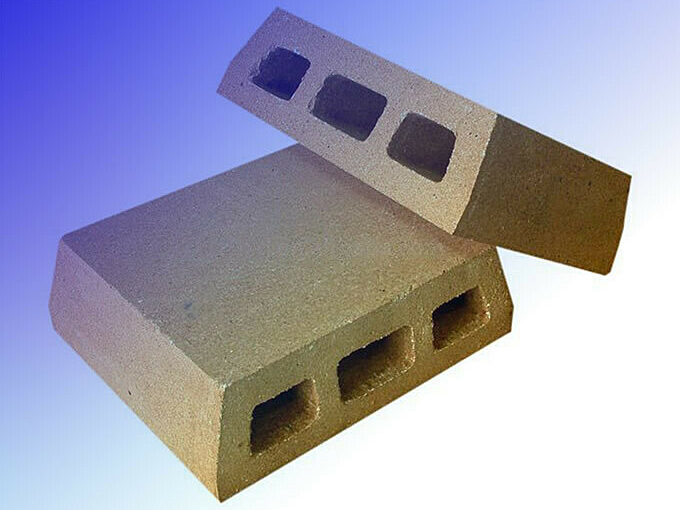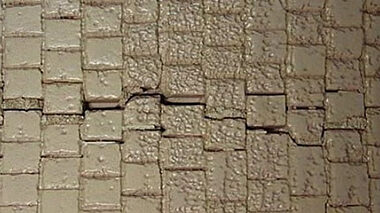Refractory Materials Testing Services
As a UKAS ISO 17025:2017 accredited testing laboratory (No. 0013), Lucideon provides a comprehensive refractories testing service to national standards (BS, ASTM), international standards (ISO), and our own in-house UKAS-accredited standards.

We offer a wide range of physical, chemical, mineralogical, and thermomechanical testing for:
- Quality control
- Quality assurance
- Failure analysis
- Tendering support
- Creation of datasheets
- Mathematical modelling.
We can inspect and sample refractory materials onsite or before shipment to ensure materials are suitable for use and to avoid costly delays.
Examples of tests performed
Listed below is a selection of the tests and industry-specific testing suites available - the list is by no means exhaustive; please discuss your requirements with our technical sales staff:
Physical:
- Modulus of elasticity, rigidity and Poisson’s ratio
- Hydrogen diffusivity
- Abrasion resistance
- Density and porosity
- Pyrometric Cone Equivalent (PCE)
- Particle Size Determination (PSD)
- Cold crushing strength
- Modulus of rupture
- Porosimetry.
Chemical:
- XRF (X-Ray Fluorescence)
- XRD (X-Ray Diffraction).
Thermomechanical:
- Compressive stress/strain up to 1,550°C
- Flexural stress/strain up to 1,550°C
- Thermal conductivity
- Thermal shock resistance
- Creep in compression up to 1,550°C
- Work of fracture
- Thermal expansion up to 1,600°C
- Specific heat
- Refractoriness under Load (RUL)
- Permanent Linear Change (PLC)
Modelling:
- Thermal profiling and heat loss of complex shaped components and structures
- Improved design of components such as linings and anchor systems
- Prediction of in-service stress distributions and potential overloads before scale-up
- Prediction of material performance in various applications under a range of operating conditions
Microstructural evaluation
- Optical microscopy
- SEM/EDA (Scanning Electron Microscopy/Energy Dispersive Analysis)
We also offer consultancy to help you optimise product and process performance and solve failures.

Installing Refractory Linings in Petrochemical Units - Quality, not Compromise
